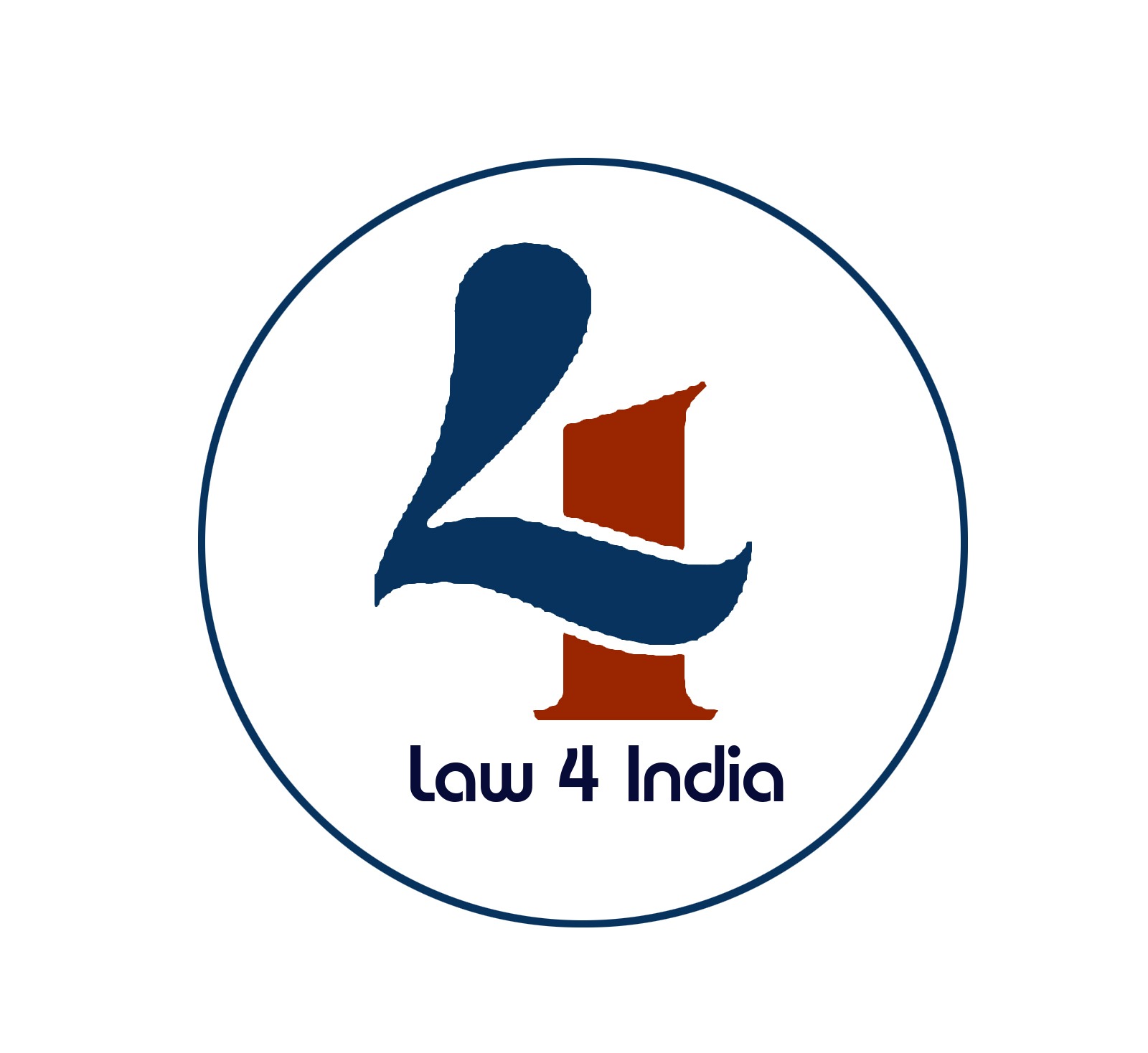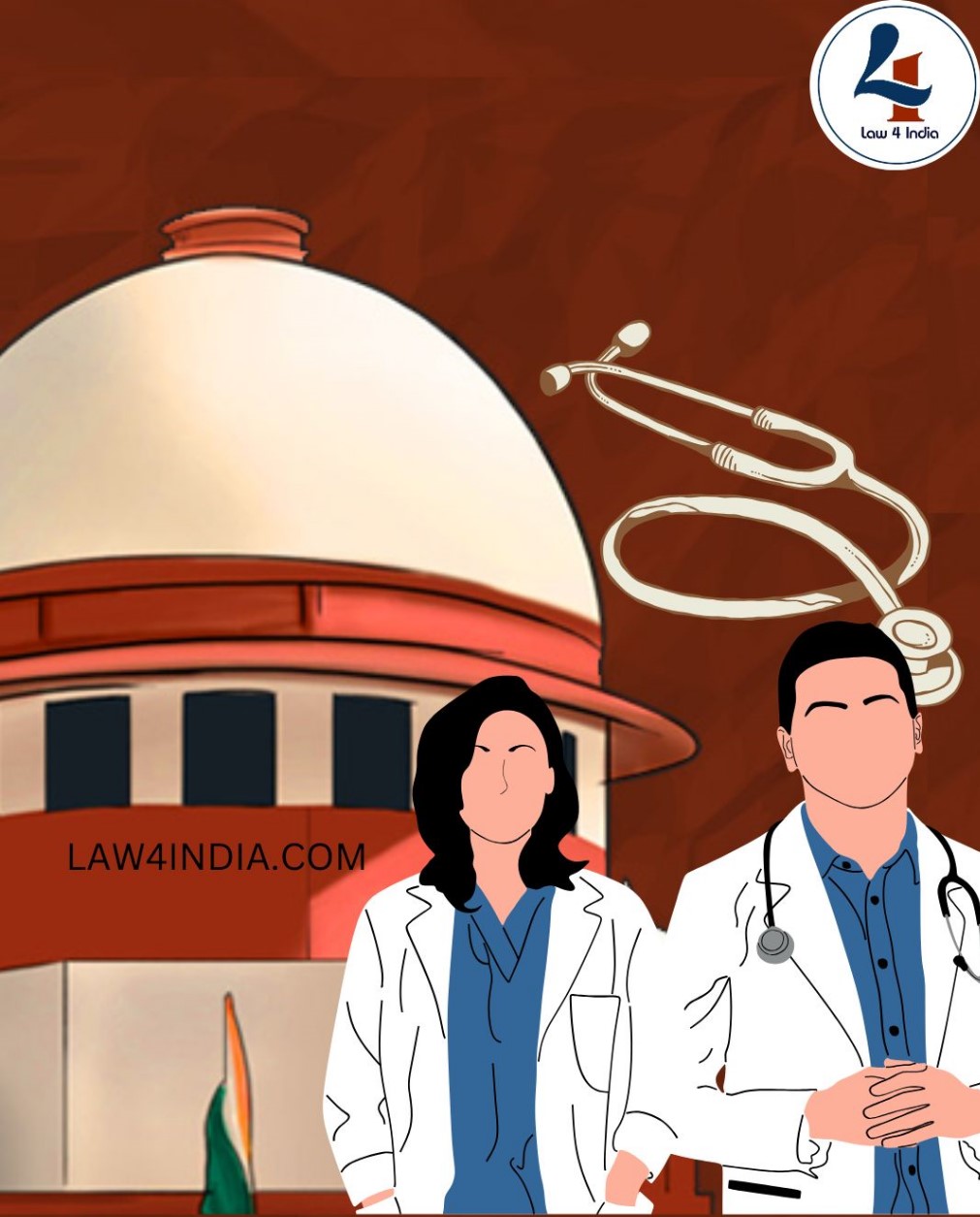-By Gunpreet
The Indian Supreme Court has made a significant ruling on medical education policy influencing both home and overseas students pursuing doctorate studies. National Eligibility-cum-Entrance Test (NEET) demands all Indian medical study applicants to submit test results before pursuing their education abroad. The examination serves as both a test and a verification process because it confirms the fundamental knowledge of students who seek medical degrees overseas.
A group of students challenged the policy arguing it originated from an institutional notice instead of being properly sanctioned by Parliament. Students requested an exception until permanent changes could be implemented. According to Justices Gavai and Chandran the court maintained its stance on preserving medical professional standards in India. The Court emphasized its backing for international medical education yet its strong preference remains for high-quality doctors working in India. Horizontal equivalence will not apply to students who begin their foreign medical education after the rule took effect.
The policy, aims to protect Indian healthcare system by regulating student migration overseas. Court gave full authority to the National Medical Commission (NMC) regarding medical education regulation and licensing standards. Foreign medical graduates who desire to practice in India must follow the new set of regulations established by authorities. This regulations include completing a a 12-month internship together with completion of 54-month training at a foreign academic institution. The doctors must obtain registration from their respective foreign medical regulatory organization followed by twelve months of supervised practice within India before they can practice.
Supreme Court give direct ruling in growing concerns with students who enroll in sub-standard medical schools. delivered a direct message. Many Students often, accompanied by their family support venture to unaccredited medical institutions which operate without sufficient facilities and therefore expose learners to dangerous conditions. The court stressed that India requires professional medical experts rather than quantity of health professionals alone. The Supreme Court unambiguously opposes turning medical education into a business venture because they believe genuine skill should outweigh quantity in the doctor workforce.
The Supreme Court decision highlights its aimed to safeguard the quality of India’s healthcare system by setting demand criteria for medical graduates to build an exceptional competent workforce of doctors across India. The decision demonstrates a firm dedication to provide first-class medical services across all segments of the Indian population.
Case Title: Case Title: ARUNADITYA DUBEY VERSUS MEDICAL COUNCIL OF INDIA AND ANR., WRIT PETITION (CIVIL) NO.1205 OF 2019 (and connected cases)

